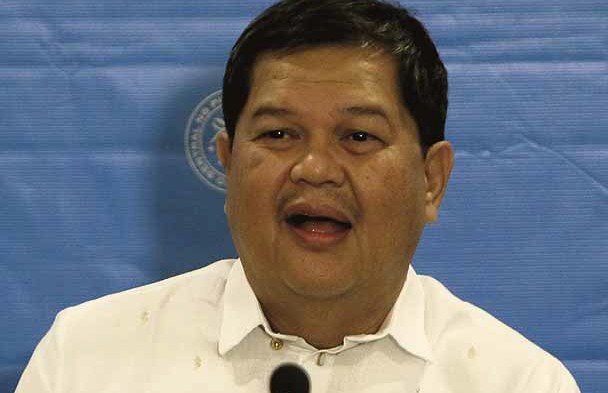No change seen in money policy
The Bangko Sentral ng Pilipinas under incoming Governor Nestor A. Espenilla is expected to maintain monetary policy settings in the short term amid expectations that inflation will peak by the third quarter before easing toward yearend.
“We’re anticipating that this acceleration [of inflation] will taper off soon enough, so at this point in time, there’s no compelling need to review our monetary-policy settings,” Espenilla said in an interview with Bloomberg Television yesterday.
Governor Amanda Tetangco Jr. will chair his last Monetary Board policy meeting on June 22 while Espenilla, who will assume office on July 2, will chair his first policy meeting on Aug. 10.
The Monetary Board, the BSP’s highest policymaking body, last Thursday kept key policy rates unchanged at Tetangco’s penultimate policy meeting amid manageable inflation expectations.
As of end-April, headline inflation averaged 3.2 percent, still within the BSP’s target range of 2-4 percent for 2017.
“Market expectations likewise remained anchored to the inflation target over the policy horizon. At the same time, the Monetary Board observed that inflation has remained elevated due largely to the recent increases in food prices and underlying inflation pressures,” Tetangco said.
In a note to clients, Japanese financial giant Nomura noted a key change in the [Monetary Board’s] official statement in the closing paragraph.
“In its previous meeting in March, the BSP stated that the ‘prevailing monetary policy settings remain appropriate.’ However, in [Thursday’s] statement after the meeting, the BSP said that ‘going forward, the BSP will remain vigilant against any risks to the inflation outlook and will adjust its policy settings as needed to ensure that future inflation remains consistent with the medium-term target while being supportive of sustainable economic growth,’” Nomura pointed out.
“In our view, the removal of the assessment that the policy stance is ‘appropriate’ is a significant change and the replacement paragraph is a more definitive statement that the BSP is watching inflation risks more closely. Essentially, we think the BSP is again emphasizing the link between the future course of policy action firmly to the inflation outlook—a clear signal that it is sticking firmly to its inflation-targeting mandate, which we think will likely be preserved under the new governor, Nestor Espenilla,” Nomura explained.
As such, Nomura said it maintained its forecast that the BSP would raise key policy rates in the second half of 2017 by a total 50 basis points after Espenilla takes over in early July as “we see inflation risks rising, driven by potential adjustments in utility rates and a more positive output gap (we expect 2017 GDP [gross domestic product] growth of 6.7 percent versus potential growth at 6.2 percent).”
Last month, Nomura upgraded its 2017 GDP growth forecast for the Philippines from 6.3 percent previously on the back of recovering electronics exports as well as expectations of higher infrastructure spending by the government this year.
